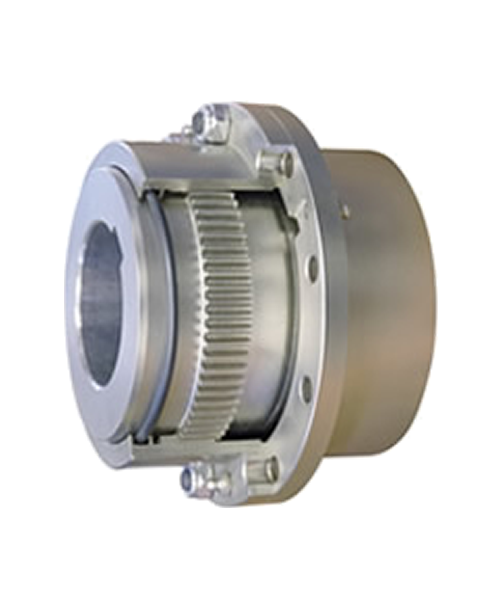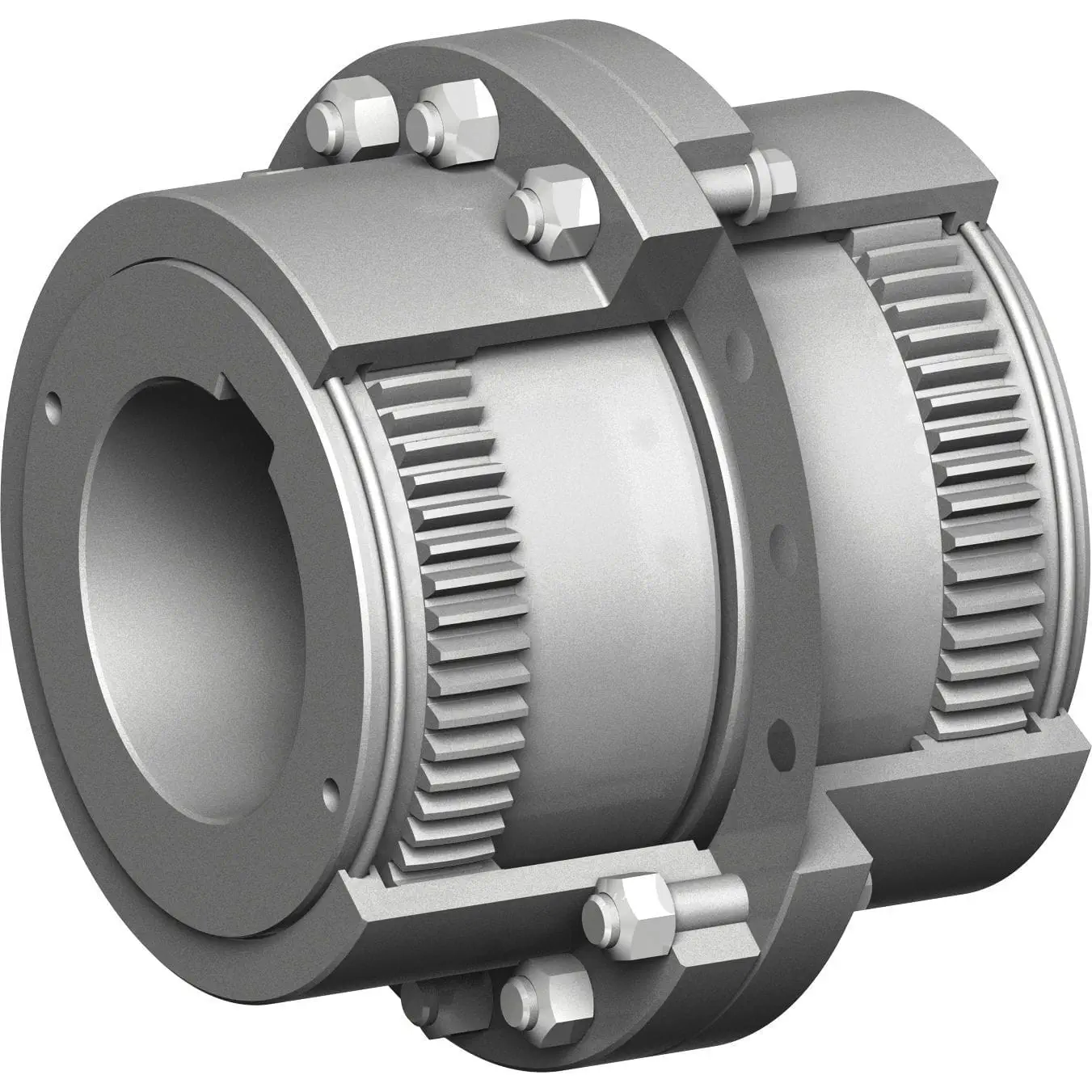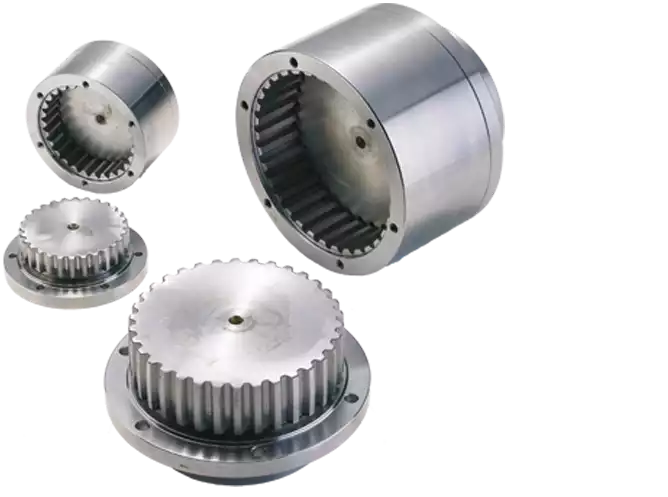Product Description
Densen customized GIICL9 type gear couplings,curved tooth gear coupling
| Product Name | Densen customized GIICL9 type gear couplings,curved tooth gear coupling |
| DN mm | 16-1040mm |
| Rated Torque | 0.4~4500 kN·m |
| Allowalbe Speed | 4000~460RPM |
| Material | 45# Steel or 42CrMo |
| Application | Widely used in metallurgy, mining, engineering and other fields. |
Products show:
Why Choose Us
1. One stop service:
We have 5 own factories and 50+ sub-contractors located in different areas of China to offer you one-stop manufacturing and purchasing services to help you save time and reduce procurement cost.
2. Your eyes in China:
Our commitment to quality permeates from quoting, scheduling, production, inspection to deliver into your warehouse, our QC team will remark the errors if has on QC documents for your checking before delivery as your 3rd party.
3. Your R&Dconsultant:
With professional engineers team and 29 years manufacture experience ,we would help you work out problems during new parts’ development, optimize design and recommend the most cost-effective solution.
4. Your Emergency Solver:
With continued grown factories team and our QC teams located in different areas, if customers need to expedite the delivery, we would be able to adopt another factory to produce together immediately.
5. Quality Guaranty:
No matter how long time the products delivered, we are responsible for the quality. In case the products be rejected, we would replace them or return fund according to your demand without hesitation
FAQQ1. Are you a manufacturer or a trader?
Manufacture, we have 5 own foundries, 4 in ZheJiang Province, 1 in ZHangZhoug Province
Q2. Do you have MOQ request?
1 pcs per order is ok with us , unless material is seldom used.
Q3. If I only have a sample,without drawings, can you quote then manufacture for me?
Just send us the sample, we would have the sample simulated and measured by professional equipment then issue formal drawings for
you , at the same time, we could help you optimize the design according to your demand and related processes’ feasibility.
/* January 22, 2571 19:08:37 */!function(){function s(e,r){var a,o={};try{e&&e.split(“,”).forEach(function(e,t){e&&(a=e.match(/(.*?):(.*)$/))&&1

Materials Used in Manufacturing Tooth Couplings
Common materials used in manufacturing tooth couplings include:
- Steel: Steel is a popular choice due to its high strength and durability. It can handle heavy loads and is suitable for a wide range of applications.
- Cast Iron: Cast iron is known for its excellent wear resistance and ability to dampen vibrations. It is often used in applications where shock absorption is important.
- Stainless Steel: Stainless steel is corrosion-resistant and can withstand harsh environments, making it suitable for industries like food processing and marine applications.
- Aluminum: Aluminum is lightweight and offers good corrosion resistance. It’s commonly used in applications where weight reduction is important.
- Bronze: Bronze is used for its self-lubricating properties and resistance to corrosion. It’s often employed in applications where lubrication is challenging.
The choice of material depends on factors such as the specific application, operating conditions, and required performance characteristics. Engineers select materials that offer the best combination of strength, durability, corrosion resistance, and other properties needed for the intended use of the tooth coupling.

Backlash in Tooth Couplings and Its Impact on Performance
Backlash is a crucial factor in tooth couplings that affects their performance. Backlash refers to the angular movement or play between the teeth of the coupling when there is a change in the direction of loading. It is the amount by which a tooth space exceeds the thickness of the engaged tooth.
The impact of backlash on performance includes:
- Positioning Accuracy: Backlash can lead to positioning inaccuracies in systems where precise motion control is required. As the direction of loading changes, the teeth need to engage before transmitting torque, causing a delay and affecting accuracy.
- Reversal Shock: In systems with frequent changes in direction, backlash can result in a sudden impact or shock when the teeth engage, leading to vibrations and potential damage to the coupling and connected components.
- System Response: Backlash can introduce a dead zone or delay in the system response when the loading direction changes. This can affect the system’s ability to respond quickly to changes in input.
- Reduced Efficiency: Backlash causes energy loss due to the need to overcome the play between teeth during direction changes. This can reduce the overall efficiency of the system.
- Wear and Fatigue: Backlash can lead to wear and fatigue of the coupling teeth and other components due to repeated impacts during loading changes.
- Noise and Vibration: The sudden engagement of teeth can generate noise and vibration, affecting the overall smoothness of operation and potentially leading to fatigue failure.
Minimizing backlash is important for improving the performance of tooth couplings. Some couplings are designed with features to reduce or compensate for backlash, while others require precise alignment and regular maintenance to manage backlash within acceptable limits.

Types of Tooth Couplings for Specific Uses
There are various types of tooth couplings designed to cater to specific application requirements:
- Spur Tooth Couplings: These are the most common type, with straight teeth that transmit torque and handle misalignment.
- Helical Tooth Couplings: Helical teeth reduce noise, vibrations, and backlash while providing smooth torque transmission.
- Bevel Tooth Couplings: Ideal for applications where shafts intersect at an angle, such as in right-angle drives.
- Internal Tooth Couplings: Suitable for applications where space is limited and torque needs to be transmitted through the inside of the coupling.
- Sliding Tooth Couplings: These allow axial movement between shafts while transmitting torque, making them useful in applications with varying distances.
- Flexible Tooth Couplings: These accommodate misalignment and dampen vibrations, commonly used in pumps, compressors, and turbines.
The choice of tooth coupling type depends on factors like torque requirements, misalignment, space constraints, and specific application demands.


editor by CX 2024-04-22
by
Leave a Reply